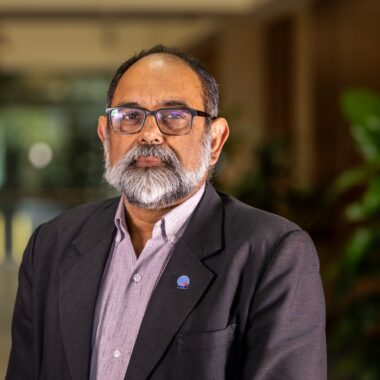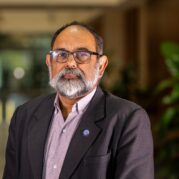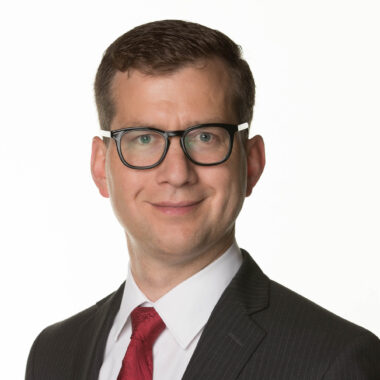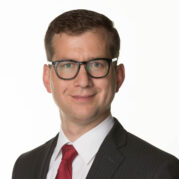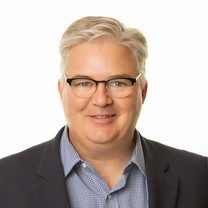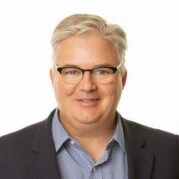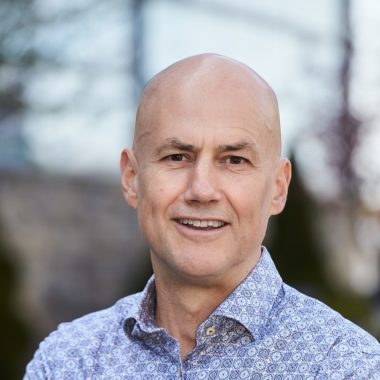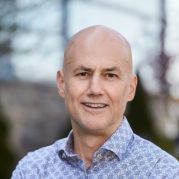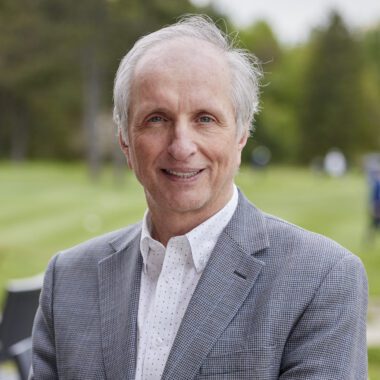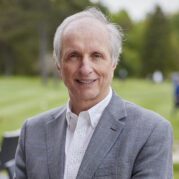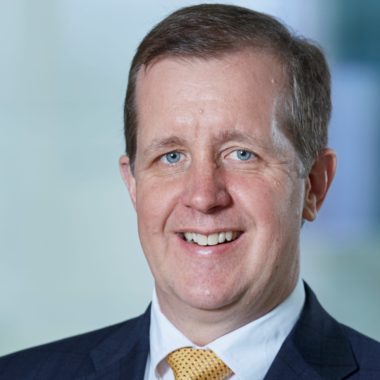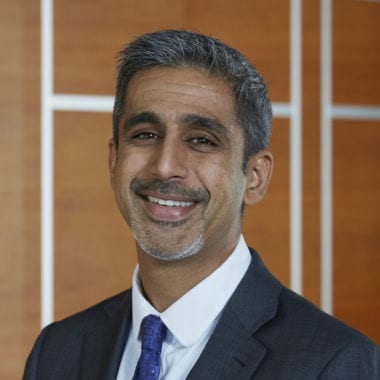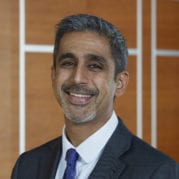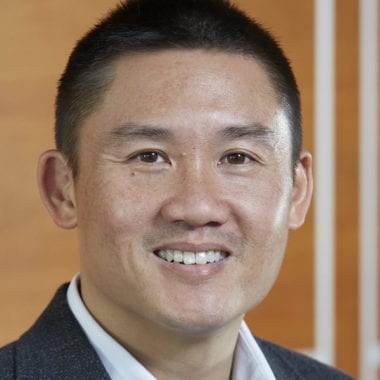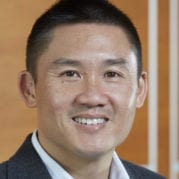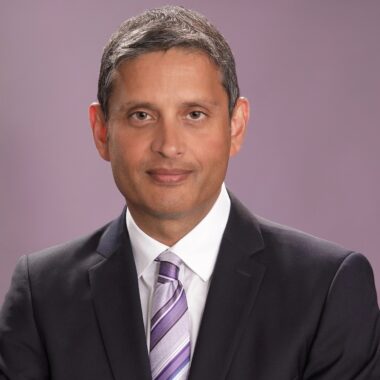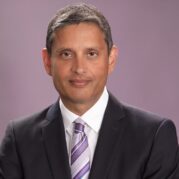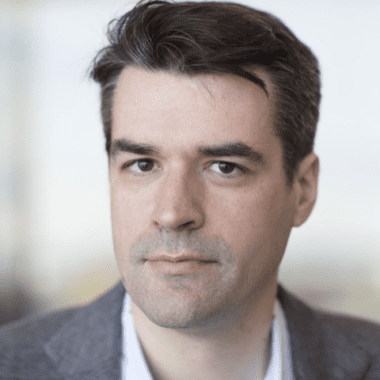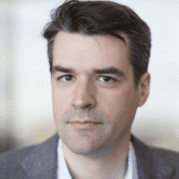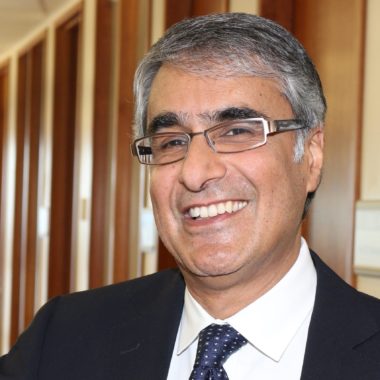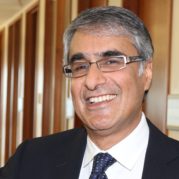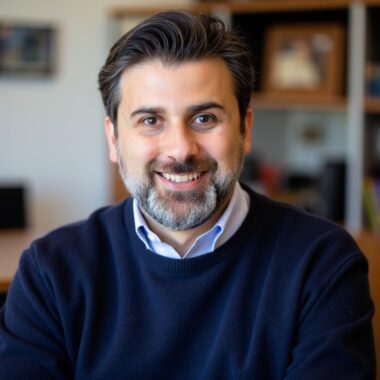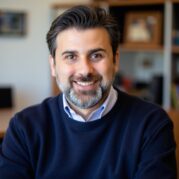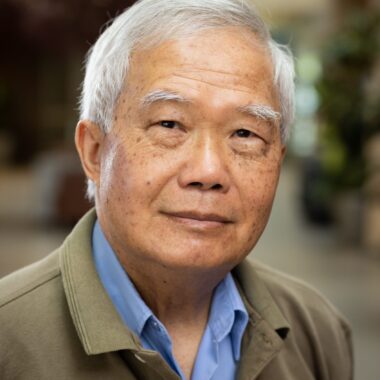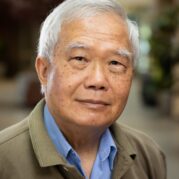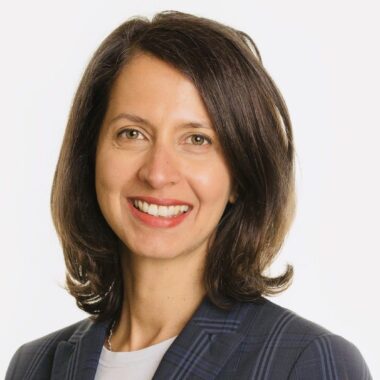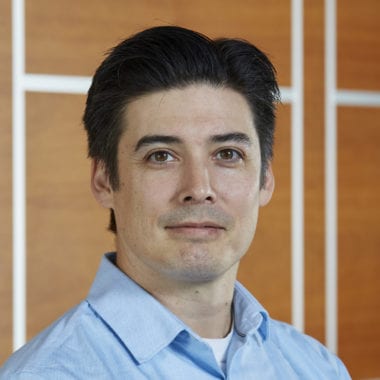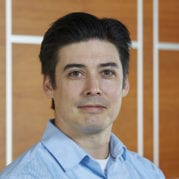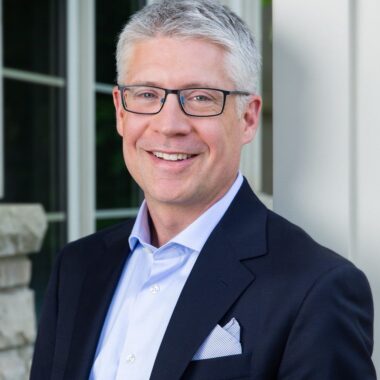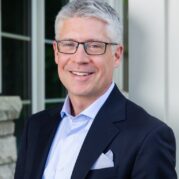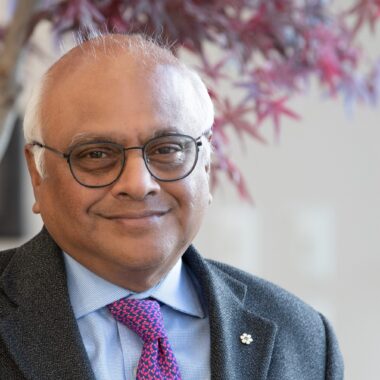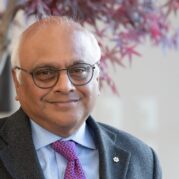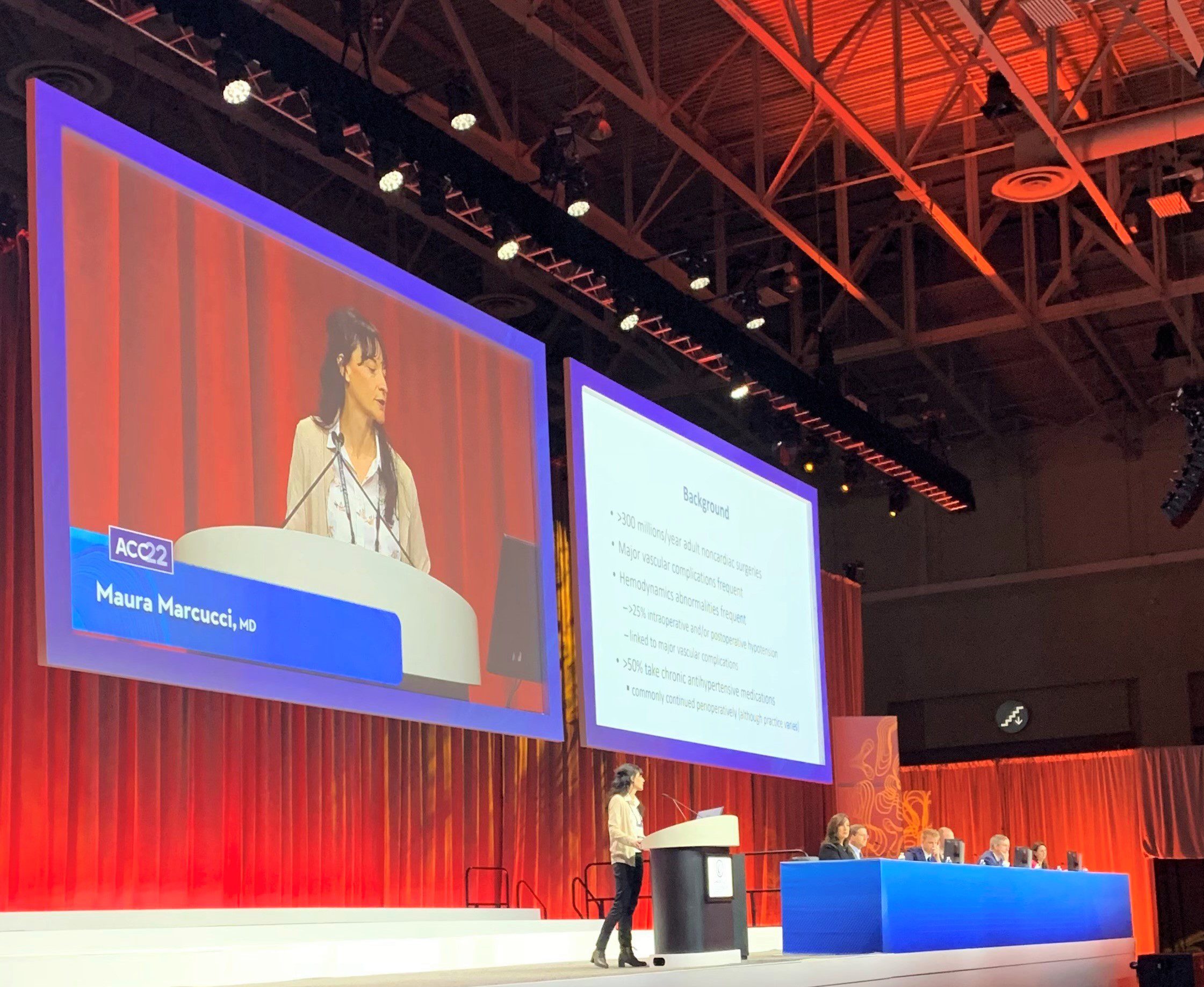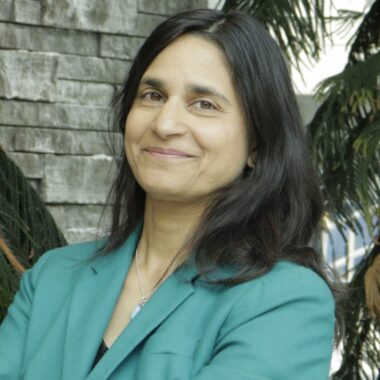
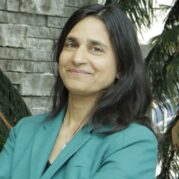
Sonia Anand
Senior Scientist
Sonia Anand
Senior Scientist
Sonia Anand is a distinguished physician-scientist and global health leader whose work has transformed Canada’s approach to cardiovascular health, health equity, and Indigenous and population health research. She serves as Associate Vice-President of Global Health and Professor of Medicine and Epidemiology at McMaster University and holds a Heart & Stroke Chair recognizing her national impact. Dr. Anand’s research has revealed how sex, ethnicity, and social determinants influence cardiometabolic risk—shifting practice away from “one-size-fits-all” models toward equity-focused care. Her studies have set new standards for defining obesity, created validated ethnic-specific risk scoring systems, and led to the development and testing of community-based interventions in South Asian and Indigenous populations. Her findings have shaped clinical guidelines, policy frameworks, and global conversations on health equity. She has published over 500 peer-reviewed papers, led large-scale cohort studies (e.g., SHARE, PURE, CAHHM) and clinical trials (e.g., COMPASS, WAVE, SAHARA), and forged research partnerships with Indigenous communities grounded in ethical co-design. As a vascular medicine specialist, she also delivers care at Hamilton Health Sciences and mentors future clinician-scientists through Canada’s only Vascular Medicine Fellowship. Dr. Anand’s scholarship and leadership have been recognized by her election to both the Canadian Academy of Health Sciences (2019) and the Royal Society of Canada (2022). She currently leads McMaster’s new School of Global Health and Social Medicine—a platform for interdisciplinary solutions to health inequities in Canada and around the world. Her work exemplifies the power of science for impact—advancing discovery, implementation, and health system transformation with methodological rigor and cultural humility. Dr. Anand’s leadership continues to position Canada at the forefront of global health and health equity innovation.

